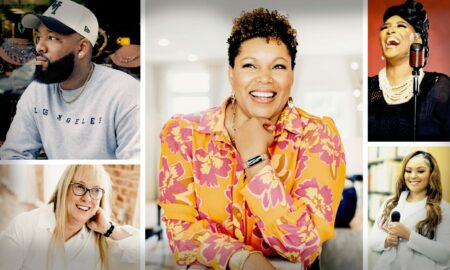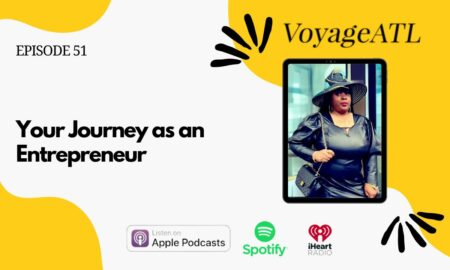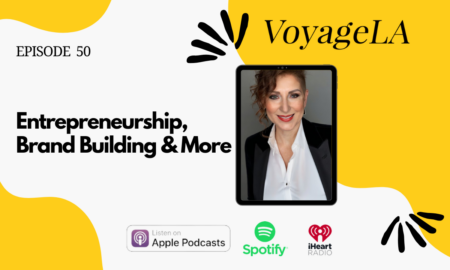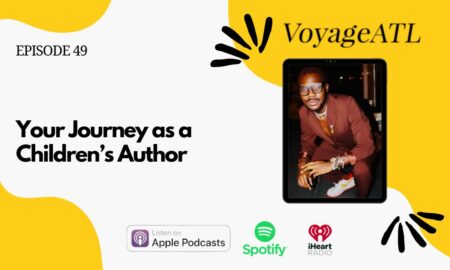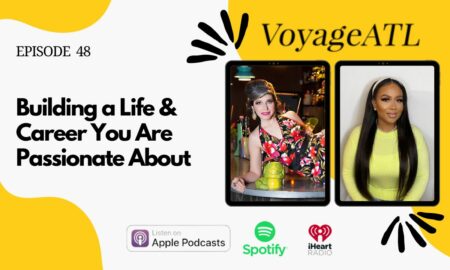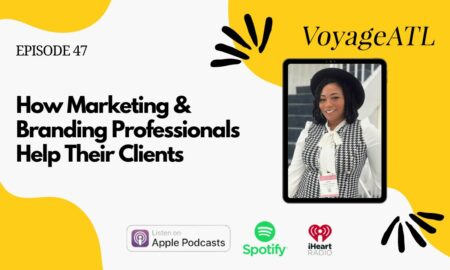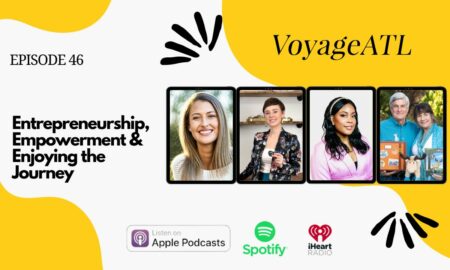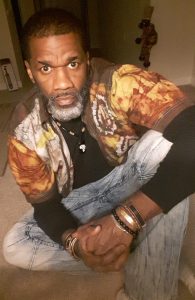
Today we’d like to introduce you to Dawud Anyabwile.
Dawud, please share your story with us. How did you get to where you are today?
I was born and raised in Philadelphia, PA and have always had a love for art since childhood. Creativity was cultivated in my home and I was also surrounded by friends and family who also enjoyed creativity and the arts. As a young man, I was always interested in wanting to run my own business which I knew would be art related; however, I did not have anyone kind of medium in mind.
I started out painting t-shirts for hundreds of customers through the 80’s which eventually led me to the desire to create a comic book for the sole purpose of moving beyond custom garments to mass producing a product and selling it flat out to the general public. In April 1990. I released a comic book called BROTHERMAN: DICTATOR OF DISCIPLINE at the Black Expo NYC. It quickly became a huge success story and catalyst for a contemporary Black Comic book movement. Inspiring artists of all backgrounds to tell their own stories and independently build their own system of distribution and marketing.
Within a four year span, the Brotherman comics sold 750,000 copies without any major backing or support; however, it received international media attention for its unique storytelling, artwork, and marketing.
In 1996, I began a new career working at a production studio in New York City followed by the move to Hollywood where I was a character designer for The Wild Thornberry’s and The Rugrats. I was always one to re-invent myself and seek new opportunities so I left LA in 1999 and arrived in Atlanta to pursue my artistic career both independently again as well as gaining more studio experience at production studios such as Turner Broadcasting and many other film and television companies in the area.
I am currently freelancing my art to book publishers around the country as well as relaunching the Brotherman comic series in the form of a graphic novel with plans to produce a live-action or animated film or series.
Great, so let’s dig a little deeper into the story – has it been an easy path overall and if not, what were the challenges you’ve had to overcome?
The comic book production has been a challenge since it’s inception in many ways. First being the financial aspect where the lack of capital forces you to be creative in your approach to marketing and distribution. At the time (1989) when the book was in production, there was no Black comic book movement or major talk of Black superheroes especially independently created so there were many naysayers at the time that believed that you will not have success if you were not affiliated with major comic publishers such as Marvel or DC. My perspective was that we were not competing with those institutions because we knew that we were serving an audience that for the most part is ignored by those companies.
Our focus was simply to create something that we wanted to see not try to be like anyone else not put down anyone else. I produced the comic alongside two of my brothers and although we had a lot of support and encouragement we were also met by those who did not want to respect the fact that we were not only creating a Black character in a Black universe, our product was owned by a Black family. At that time this was not very popular and within some comic book circles, the push back was evident however we anticipated this to happen at some point so we pushed right through it and still achieved our goals. Producing art, maintaining independence and raising a young family can be a challenge for anyone and although I struggled through it on many occasions, I enjoyed the journey because it was my mission.
The other complication was losing family member as is life but I found it difficult because our business was family owned and operated and I admit that the loss of parents during the high point of your progress can be very painful and it affected my ability to maintain my momentum at different points in my life. I would also say that many challenges that I faced were more internal than external. The mission that I embarked on was not just comic book production and having fun with art it was breaking through the stereotypes and ignorance within an industry that for many years ignored or poorly represented my people so many times I felt the weight of the importance of my work and although I would push and fight to move forward there were many times that your inner self doubts the success especially when you don’t see the financial payoff. However, as I stated this was a spiritual mission so the financial return for me was needed just to, I can continue to grow the brand and build a team, not personal gain. Over time I was able to work through those doubts and I shifted my thoughts which opened the doors for new opportunities.
Please tell us about Big City Entertainment.
The company that I own now is called Big City Entertainment which is a creative arts company. I specialize in a variety of production art ranging from storyboards for film and television to graphic novels and animation. Some projects that I have storyboarded include DIARY OF A WIMPY KID: THE LONG HAUL, GOOSEBUMPS II, Bet’s The QUAD, THE BOBBY BROWN STORY, CW’S VALOR Series, 24 LEGACY and many more. I also illustrated my own graphic novel in 2016 called BROTHERMAN: REVELATION and the graphic novel adaptation of Walter Dean Myers’ award-winning novel MONSTER. The most recent graphic novel that I illustrated is Kwame Alexanders’ THE CROSSOVER which is soon to be released.
I would say that what gives me the most pride is that my work has inspired so many people over the years for so many different reasons. My work has been archived in the Smithsonian’s African American History Museum, Auburn Avenue Research Library n Atlanta and Clark Atlanta Robert Woodruff Archives. To know that my work is a part of history without it being my end goal is the highlight to my life right now. I set out to create something that I felt children like me would probably want to see and be inspired by and it worked. Not just for Black children and adults but it inspired people around the world. That is pure satisfaction.
Do you look back particularly fondly on any memories from childhood?
My favorite childhood memory is drawing under the piano as my mom played. I loved to hear her fingernails on the keys and listened to her feet adjust the pedals playing all kinds of music ranging from classical to jazz. I felt like I was in a creative musical fortress and I can make anything I wanted so I would just take the stack of paper that she gave me and draw all day long.
Contact Info:
- Website: http://www.anyabwile.com
- Email: dawud@brothermancomics.com
- Instagram: @brothermancomix
- Other: http://www.strictlystoryboards.com




 Image Credit:
Image Credit:
© Dawud Anyabwile
Getting in touch: VoyageATL is built on recommendations from the community; it’s how we uncover hidden gems, so if you know someone who deserves recognition please let us know here.













